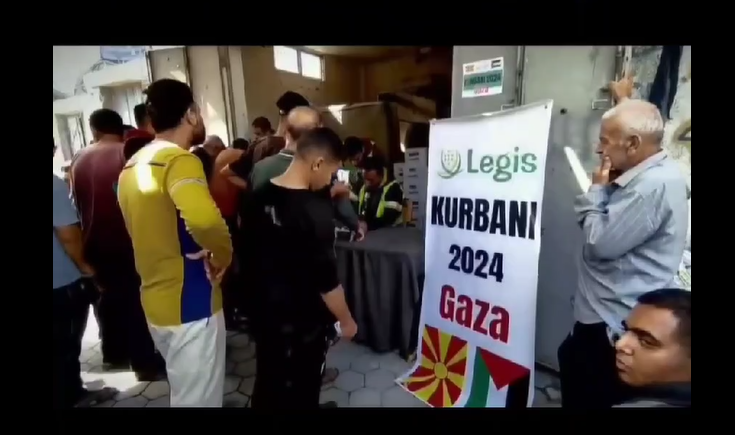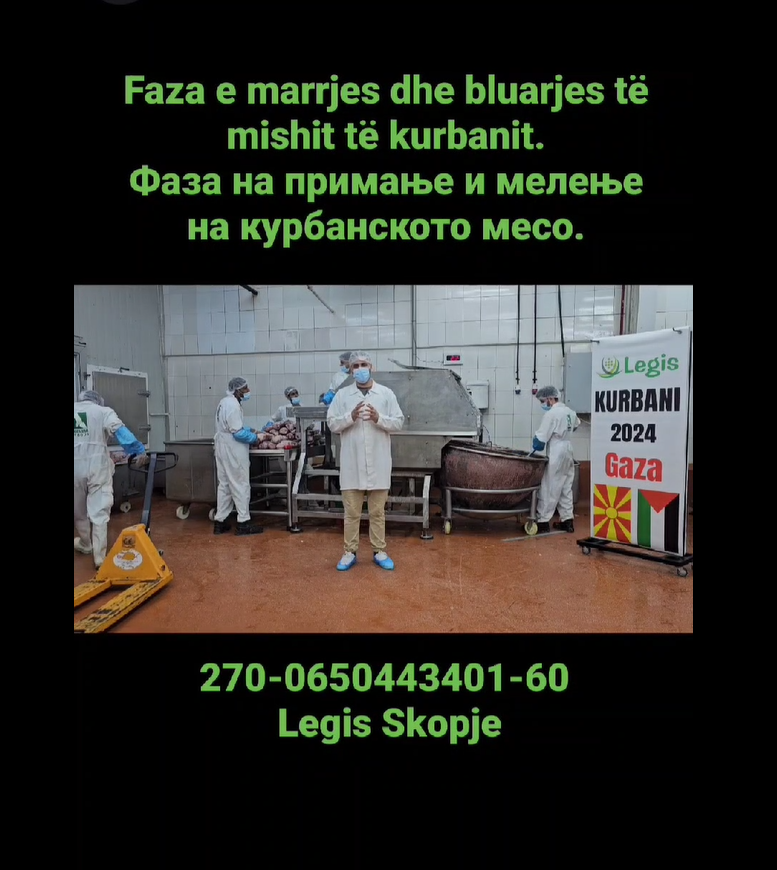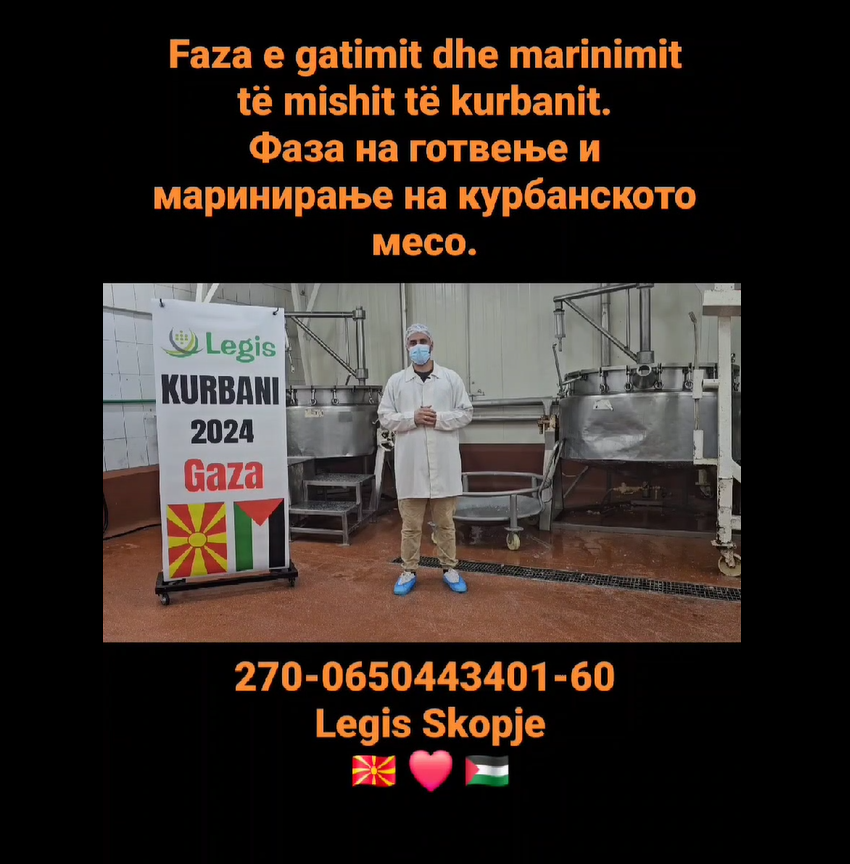Golden experience
My name is Erin Traeger from USA, but I live in Skopje. Besides visiting a refugee in the hospital around May 2015, I started going to the Skopje Train Station in June 2015 to deliver humanitarian aid. This was initially with “Help the Refugees in Macedonia”, then with Legis. This all started because I found the FB group “Help the Refugees in Macedonia” by sheer chance; I saw that a friend had joined the group and was curious what it was.
There were a number of reasons to join helping refugees, but the main ones were just to help where possible, and also knowing that we also could be in their situation. I still remember an Afghani woman with her family, wearing platform sandals. I tried to convince her to take a pair of shoes, as the path to Serbia wasn’t smooth. Her response was that she had walked from Afghanistan in them. You see that while there may be some general cultural differences, they’re like everyone else. They all have dreams and hopes, they have problems and concerns, some are easier to get along with than others, and most importantly, irrespective of their current conditions, they want dignity and strive for it. As well, you see their incredible strength. Once the borders closed and refugees were stuck in the camps, it provided the opportunity to get to know them, and very well. Some of the best people I know are from the camp, as Ibrahim and Ahmed.
I started out being involved with “Help the Refugees in Macedonia”. Later I got more involved with Legis, going to the warehouse and to the train station/camps with them. I’m still involved with Legis. Overall, I’d say the relationship with other volunteers and workers was generally good, but there definitely were some organizations and people that were not as easy to cooperate with as others. As is the case with any work-type environment and stressful situations, sometimes tempers flare, and there were some people I got along with better than others. Sometimes it had a negative effect, because there were some making comments against other ethnicities, or some making a bit of a show about their religion. There were also some instances of organizations or people giving religious materials to refugees or proselytizing them (completely against the rules and unethical.) This led to some tensions between various people. For me, not being a native speaker of Macedonian and not being fully fluent, it sometimes resulted in initial misunderstanding, but we always figured things out. Similarly, there were others who didn’t speak Macedonian, and generally we were able to get the point across or find someone that spoke a common language to help. To me, what was most important was to be clear what languages you spoke/understood, and to speak up if you didn’t fully understand what someone was telling you. As well, if there were any religious considerations (ex. not touching members of the opposite sex,) it was really important to let others know so that they could respect that. We did have some instances where people didn’t speak a common language or preferred not to have contact with others of the opposite sex, and due to this not being communicated, it led to some misunderstandings and frustration. Overall, though, I think the wide variety of people made cooperation and coordination stronger. We were able to combine those backgrounds to an advantage to accomplish what needed to get done.
Others from Legis and the guys from Struga working with Legis were giving me the best support. Being able to discuss concerns/problems and get advice was a huge help. As well, after long hours, being able to relax and laugh with the others was needed, helped us bond, and was good stress relief.
I’m still in the field. I go to Tabanovce once a week. It’s much quieter, and during the summer, it’s mainly consisted of talking and playing cards with the residents. If they can bear the heat and want to, we’ll play ping-pong and football with them. I’d still do whatever is needed to help.
If you have any inclination to volunteer, do it. I’m so very thankful for the experiences I’ve had and the people I’ve met. There are some things that I strongly feel you should be aware if you’ll be volunteering, especially in a crisis zone:
- Everyone has their own preferences of what they want to do and what they’re willing to do, and this can be completely different from what’s needed. There are very few people that are willing to do whatever needs to be done, when they’re asked, especially when they’d prefer to be doing something else. (ex. Most people hated sorting clothes.)
- Make it clear what you are or are not willing to do.
- If you need a break from what you’re doing (ex. I’m generally ok to do x, but can I please do y for a bit?) speak up.
- Be aware of what others’ limitations are and do your best not to get frustrated and to work with those limitations.
- Be aware that for some, this means taking selfies with refugees and not much else.
- Being in the field:
- You need to be prepared that you may see some things that upset you and stay with you. There’s nothing wrong with either not wanting to put yourself in this position or mentally not being able to handle it. Speak up and offer to volunteer outside of the field if this applies to you.
- Things can change very quickly; you need to be willing and prepared to go with the flow.
- You need to be aware of the situation and security and take precautions. This means keeping your eyes open, if possible having a partner, and protecting yourself and others. For example, if you start offering something that’s in short supply, you may find yourself quickly surrounded or cornered, and it can get dangerous for both you and the others around you (pushing, shoving, trampling.) As well, the police may very well come with batons swinging.
- If someone who’s been in the field before is telling you what to do (may feel like they’re ordering you around,) listen to them. This generally isn’t because they’re trying to show you who is boss, but rather because they understand the situation better – what’s needed, things to be aware of, keeping you safe, etc.
- Tensions can get high – colleagues are working long hours, often with little sleep, and conditions can be harsh (extremely hot or cold, etc.) Refugees have been dealing with horrible circumstances, often waiting for long periods of time, often don’t speak a common language, all leading to frustrations. Don’t take it personally if someone gets short with you or yells at you and try to remain calm.
- There are going to be good and bad days. Just keep pushing through.
- Everything is easy when you have enough supplies to give everyone. What’s much harder is when you don’t have enough for everyone. For example, there were many times where we had 1,000 or 2,000 food packets, but we knew there were far more people coming through. In the meanwhile, we had people who had already received food that were hungry and asking for more. While it’s really easy to just keep handing out the supplies and leave once you’re done, it’s much harder to do what you need to do, which is to look someone in the eye and tell them you can’t give them any, because there are others who need it.




